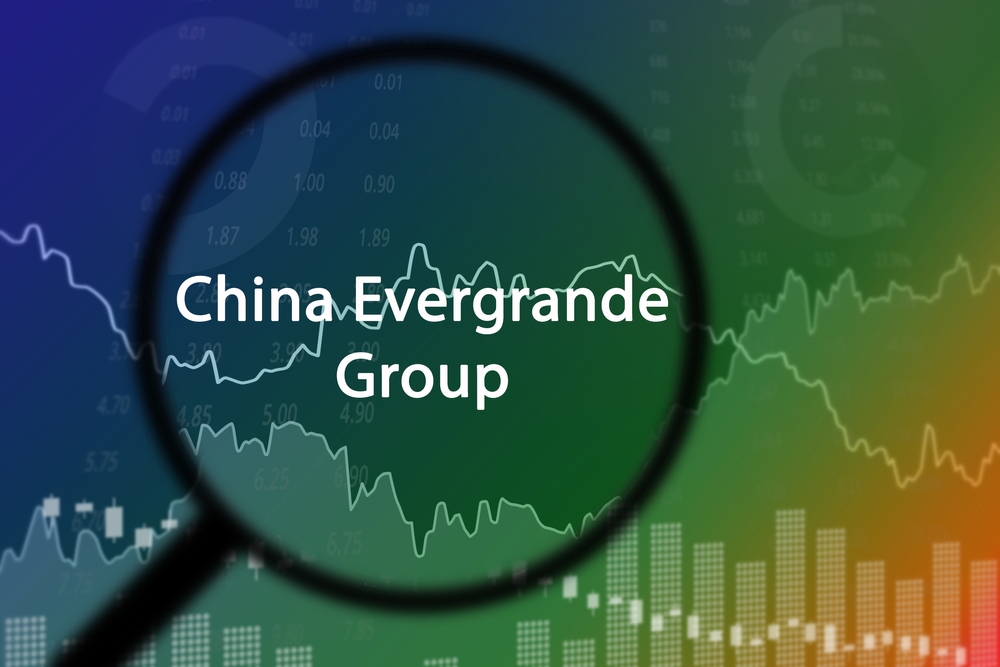Chinese stocks fell in afternoon trading on Monday, as investors focused on bitcoin prices, which had dropped precipitously over the weekend. Oil prices rose during the Asia trade. The Hang Seng index in Hong Kong fell 1.76 percent to close at 23,349.38 as tech stocks plunged. JD was down 4.85 percent, while Tencent was down 3.2 percent.
In Hong Kong, Alibaba shares fell nearly 8% in early trade before recovering slightly to close down 5.61 percent. Maggie Wu will be succeeded as a chief financial officer by Toby Xu, the company’s deputy chief financial officer. It followed Friday’s losses in shares of Chinese firms listed in the United States. The shares fell on fears of increased regulatory scrutiny following Didi’s announcement that it would delist from the New York Stock Exchange. The Hang Seng index gained four new stocks, including Chinese technology behemoths JD and Netease. The most recent update increases the number of stores in the main index to 64, up from 60 currently.
At the same time, Evergrande, a troubled Chinese property developer, will be removed from the China Enterprises index.
Evergrande has received a demand to repay approximately $260 million. If the Group cannot meet its guarantee obligations or certain other financial obligations, creditors may demand acceleration of repayment. The firm faces another grace period deadline on debt payments of $82.5 million after meeting the last few interest payments at the eleventh hour. On Monday, Evergrande shares fell nearly 20%.
Mainland Chinese stocks fell after previously rising. The Shanghai Composite fell 0.5 percent to 3,589.31, while the Shenzhen component fell nearly 1% to 14,752.96.
Asia-Pacific stock Markets
The Nikkei 225 recovered earlier losses, falling 0.36 percent to 27,927.37, while the Topix fell 0.53 percent to 1,947.54. South Korea’s Kospi gained 0.17 percent to close at 2,973.25, reversing a 1% decline earlier.
The S&P/ASX 200 in Australia closed near the flatline at 7,245.10, recovering from earlier losses.
MSCI’s broadest index of Asia-Pacific stocks outside of Japan fell 0.83 percent.
Since last week, stocks in the region and worldwide have been volatile due to concerns about the new omicron variant. Tech stocks fared better during the Delta variant surge in August. However, the Nasdaq corrected more than the S&P 500 or the Dow Jones index this time.
The combination of Omicron concerns, upcoming tighter Fed policy, and weak equity sentiment is making it difficult to digest, sparking demand for safety in longer-term US Treasury bonds.















